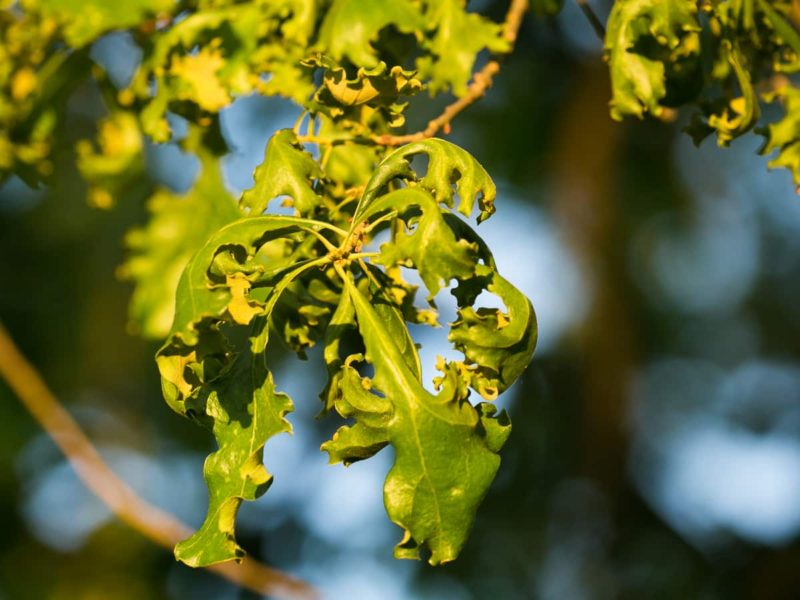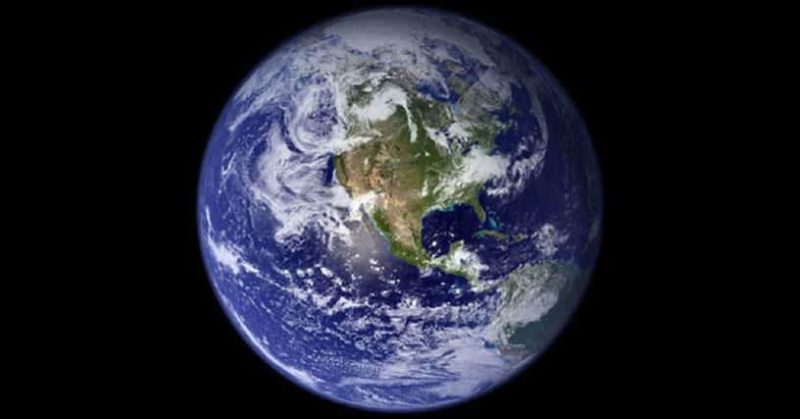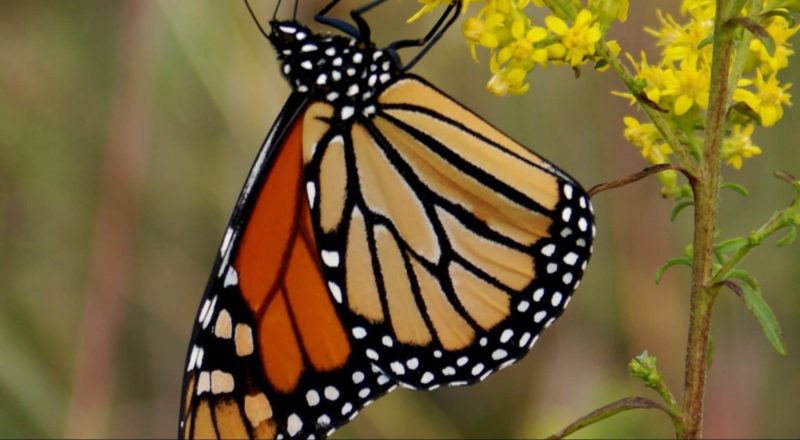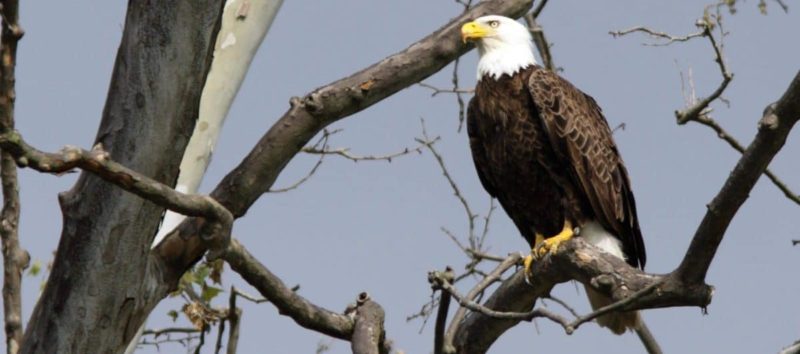Rivers are Not Dumping Grounds
Animal waste does not belong in our water. Polluters must be held responsible for their pollution. It is plain and simple. Large scale animal feeding operations are called Confined Animal Feeding Operations (CAFOs), and they have the potential to pollute nearby waterways. Factory farms are designed to produce meat, eggs, and milk as quickly and cheaply as possible. As farms have become increasingly specialized and larger, more and more animals are being raised on factory farms. (see the EPA)

Problem: Factory Farms are Polluting Our Rivers
The animals housed in factory farms produce millions of tons of manure and urine each year. Animal waste is temporarily stored in pits, tanks, or lagoons and is then spread onto nearby agricultural fields as fertilizer. But when factory farms do not manage animal waste properly, streams, lakes, and groundwater can be contaminated. Water pollution from factory farms is a common, significant, and largely ignored problem. Animal waste contains nitrogen and phosphorus as well as pharmaceutical products and other pathogens. These cause harm when they enter our waterways and groundwater. They can cause loss of oxygen in the water, harmful algal blooms, and fish kills. People may be at risk of illness if they ingest or come into contact with contaminated water. Drinking water supplies with animal waste can be unsafe or even deadly to people and livestock.

Key actions that we are working on include:
- Strengthen Illinois’ laws on Concentrated Animal Feeding Operations (CAFO) siting, permitting, and pollution
- Promote a nature-respecting view of responsible land ownership
- Transforming public perception and values, linking human well-being and happiness to nature’s health and diversity
- Educating and empower people to stand up for their local lands, waters, and wildlife











